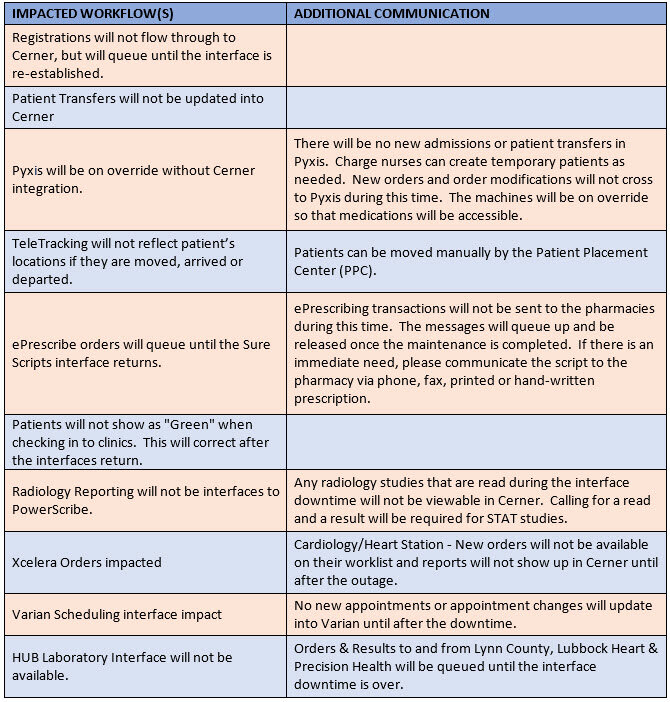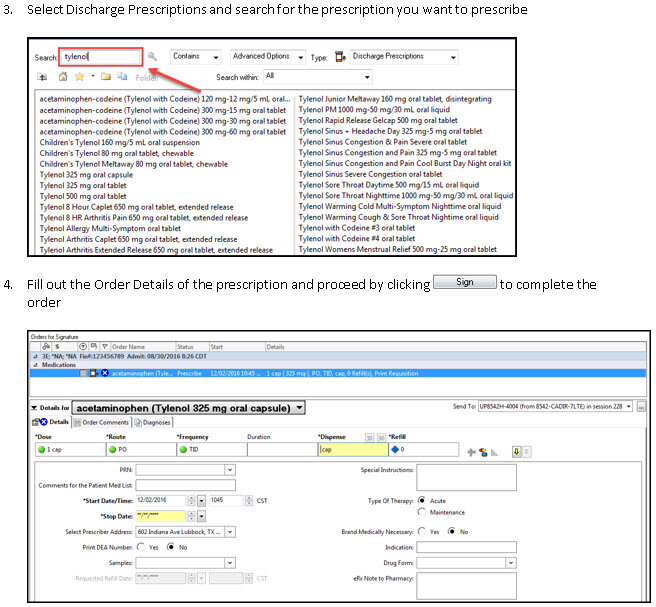
Modification of PPI Indication Alert
This is an update related to the original posting in regards to the use of Proton Pump Inhibitors (PPIs) in the inpatient setting. See original post for reference if needed, link is posted at the bottom of this article.

Duplicate Cdiff PCR Orders
Duplicate C. difficile PCR orders: Auto Cancel
Due to overutilization of C. difficile PCR laboratory tests, UMC administration and the Clinical Decision Support Committee voted to implement a rule to auto-cancel duplicate C. difficile PCR tests.
Literature opposes repeat testing after a positive C. difficile PCR or testing for a cure. Furthermore, the C. difficile PCR has a high negative predictive value, so there is no indication to re-test a patient who has a negative result within the past 24 hours.
See link below for C. difficile Testing Guidance
The following interventions went into effect on April 11, 2016:

Resume/Initiate VTE Prophylaxis

Alert: POC Blood Glucose
IMPLEMENTATION DATE: March 9th, 2016
New alert for POC blood sugar checks.
The alert will fire with options for POC blood sugar checks to be ordered at different frequencies.
*New insulin order with NO POC blood sugar checks
*D/C POC blood sugar checks with active insulin order on profile
*Insulin drip D/C with POC blood sugar D/C or no order
-Recommends monitoring for 24 hours after D/C of drip
Zika Education for Male AND Female Patients

Zika and Sexual Transmission
What we know
- Zika virus can be spread by a man to his sex partners.
- In known cases of likely sexual transmission, the men had Zika symptoms.
- In one case, the virus was spread a few days before symptoms developed.
- The virus is present in semen longer than in blood.
What we do not know
- We do not know how long the virus is present in semen in men who have had Zika.
- We do not know if infected men who never develop symptoms can have Zika virus in their semen.
- We do not know if infected men who never develop symptoms can transmit Zika virus through sex.
- We do not know if a woman can transmit Zika virus to her sex partners.
Pregnant? What you should know about Zika and sex
Zika virus can be spread by a man to his sex partners. Because of the link between Zika and birth defects, take steps to prevent infection during your pregnancy. Talk to your doctor about the steps you can take.
If you have a male partner who lives in or has traveled to an area with Zika, protect your pregnancy.
- Don’t have sex with your male partner during your pregnancy. OR
- If you do have vaginal, anal, or oral (mouth-to-penis) sex, use a condom the right way every time during your pregnancy.
- Not having sex is the best way to be sure that someone does not get sexually transmitted Zika virus.
- Condoms can also help prevent getting HIV and other sexually transmitted diseases.
- Your male partner should also take steps to prevent mosquito bites to prevent further spread of the virus.
If you think your male partner may have or had Zika, tell your healthcare provider about
- His travel history
- How long he stayed
- If he took steps to prevent mosquito bites
- If you had sex without a condom
Men: Do you have a pregnant partner?
Zika virus can be spread by a man to his sex partners. Because of the link between Zika and birth defects, take steps to prevent your partner from getting Zika during her pregnancy. Talk to your doctor about what steps you can take.
If you live in or travel to an area with Zika, protect your partner’s pregnancy.
- Don’t have sex with your pregnant partner during the pregnancy. OR
- If you do have vaginal, anal, or oral (mouth-to-penis) sex, use a condom the right way every time during the pregnancy.
- Not having sex is the best way to be sure that someone does not get sexually transmitted Zika virus.
- Condoms can also help prevent getting HIV and other sexually transmitted diseases.
- Take steps to prevent mosquito bites to prevent further spread of the virus.
If you think you may have or had Zika, tell your healthcare provider about
- Your travel history
- How long you stayed
- If you took steps to prevent mosquito bites
- If you had sex with your pregnant partner without a condom
Testing
There are tests to detect Zika virus in semen but they are not widely available. We have a limited understanding of how to interpret the results of such tests, so testing of semen is not recommended. As we learn more, these tests may become more helpful to determine the risk of sexual transmission of Zika.
PLEASE READ THE LINK BELOW REGARDING CURRENT CDC RECOMMENDATIONS FOR ZIKA AND SEXUAL TRANSMISSION


